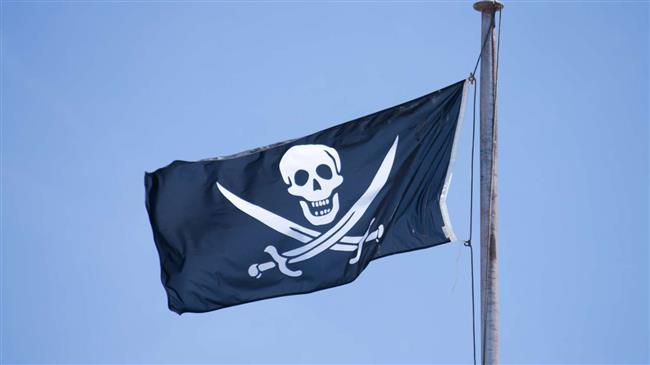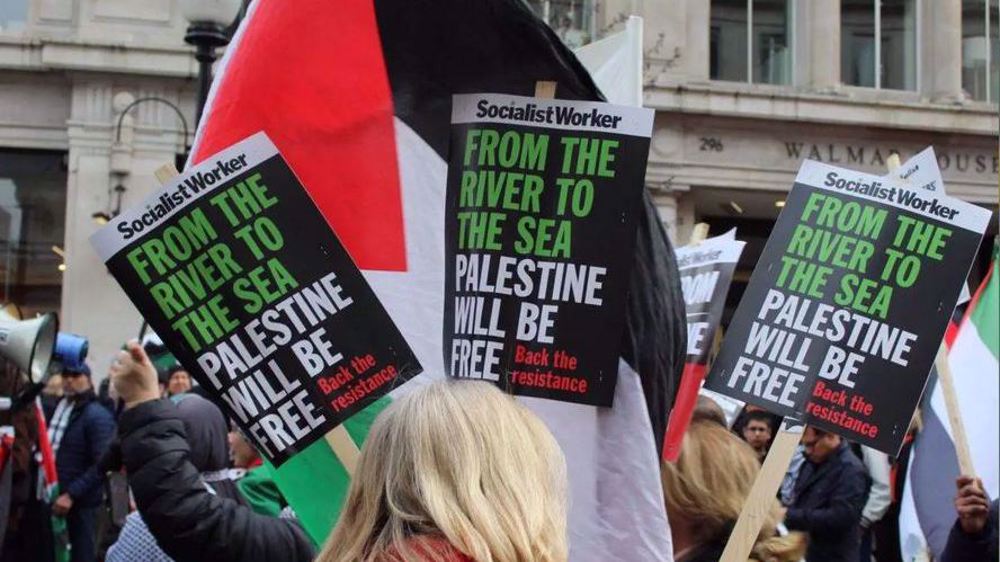Flying The Skull and Crossbones over Gibraltar
For many, the romantic image which comes to mind at the mention of pirates is one of daringly dashing and swashbuckling sailors of the high seas, with a wooden peg for a leg, braving the inconceivable hazards of the high seas in search of illusive treasures.
That is not necessarily the case these days. Various photographs, taken in situ, are indicative of Somali pirates being ordinary people, venturing to sea from nearby ports with speed boats, armed, for the most part, with light weaponry and GPS. These modern day pirates mostly hijack the targeted vessels as they are sailing through disputed waters, loot the goods and demand a ransom for the ship and personnel..
This modus operandi, however, is not restricted to the pirates off the coast of Somalia. The British navy assumes a much more sophisticated method of maritime piracy, as exemplified by the turn of event on July 4th off the coast of Gibraltar.
30 commandos, from the British Royal Marines, utilising a Pacific 24 high-speed boat, approached a Russian supertanker carrying Iranian crude oil, and fast-roped onto the vessel from a wildcat helicopter. The British and Gibraltarian officials claimed that the 300,000-tonne super-tanker was possibly transferring up to 2 million barrels of oil to the Baniyas refinery in Syria. No evidence has been provided in justification of said claim. A claim which was shortly afterward dismissed by Iranian officials.
London has also tried to brush over its provocative act with pseudo legalistic paint, claiming that they were enforcing European Union sanctions on Syria. Yet another claim, which was not corroborated by any EU member state.
Britain may have hoped to achieve a tactical gain by seizing the tanker but it may end up suffering a strategic setback. Spain’s acting foreign minister, Josep Borrell, effectively threw the gauntlet at the UK by questioning the legality of the act, which was called Maritime piracy by Iranian officials. Mr. Borrell dismissed Britain’s claim of enforcing EU sanctions on Syria by asserting that the British action had been prompted by an American order.
This case of blatant adventurism has also, once again, brought Britain’s facile claim on sovereignty over Gibraltar under the spotlight. Spain has frequently gone on the offensive with regard to Gibraltar by branding the UK occupation as "illegal" before the United Nations. Back in November 2018, in an EU legislation by the European Commission, the limestone outcrop on the southern tip of the Iberian peninsula was called a British colony. Lining up behind Spain the EU law stated: “Gibraltar is a colony of the British Crown. There is a controversy between Spain and the United Kingdom concerning the sovereignty over Gibraltar.”
This unnecessarily aggressive, and highly unusual, maneuver by the British armed forces has also sparked concern about the legality of the act.
Under the 1982 UN convention on the law of the sea, the flag bearing states are typically asked for permission ahead of a vessel seizure, however, in this case that did not happen. Reportedly, the oil tanker, Grace 1, had been flagged in Panama.
London’s claim that the Grace 1 was in contravention of the EU’s Syrian Sanctions, carrying a cargo of crude oil for the Syrian government, is also legally challenged. In its press statement, the authorities of Gibraltar claim that the tanker was detained in its territorial waters during a pre-arranged call for provisions and spare parts. This claim has been dismissed by Spanish authorities.
The EU recognizes most of the territorial waters that surround Gibraltar under a marine conservation area, known as the "Estrecho Oriental", as maintained by Spain. The UK's appeal against the EU arrangement has repeatedly been dismissed by The European Court of Justice.
This action is also in breach of the 1713 Treaty of Utrecht between Great Britain and Spain, upon which London bases its sovereignty claim. legally speaking, Gibraltar is not entitled to any territorial waters because, other than the internal waters of the port, no waters were expressly ceded to Britain by Spain under the Treaty of Utrecht in 1713. Madrid has also made a declaration to the united nations that it did not accept that Gibraltar was entitled to any territorial waters.
In simple terms, British marines attacked and seized an oil tanker outside Gibraltar controlled territories without any reasonable grounds for doing so.
Observers argue that even if the real issue at stake was the enforcement of EU sanctions against Syria, then Spain was the country best-placed to execute that task. Whether the UK has the right to apply EU sanctions on non-member states is in serious doubt. The UK, and its claimed overseas territory Gibraltar, will cease to be members of the EU after Brexit.
Piracy has also threatened international peace by breaching UN laws. Under the United Nations Convention on the Law of the Sea, vessels passing through the Strait of Gibraltar do so under the regime of transit passage. Transit passage is a concept of the Law of the Sea, which allows a vessel freedom of navigation for the purpose of continuous and expeditious transit through a strait between one part of the high seas and another.
In Iran’s eyes, Britain’s aggressive action in the Gibraltar Strait is consistent with her policy of inflaming tensions in the Persian Gulf and Iran holds that London is conducting provocative, and illegal, actions under the guise of legality simply to appease the hawks in Washington, not to mention a bunch of petty tyrants on the southern shores of the Persian Gulf.
Jan. 15: ‘Axis of Resistance’ operations against Israeli occupation
VIDEO | US fires: Criticism mounts over govt. failure to respond
VIDEO | Fears, hope in Gaza amid intensified ceasefire efforts
VIDEO | Press TV's news headlines
Hamas: Ceasefire agreement result of steadfastness, resistance in Gaza over 15 months
Hamas thanks Iran, Resistance Front following achievement of ceasefire in Gaza
'Capitulation': Israeli officials and media concede Gaza defeat as truce unfolds
'Gaza has won': Social media users react to ceasefire with mix of relief, joy










 This makes it easy to access the Press TV website
This makes it easy to access the Press TV website